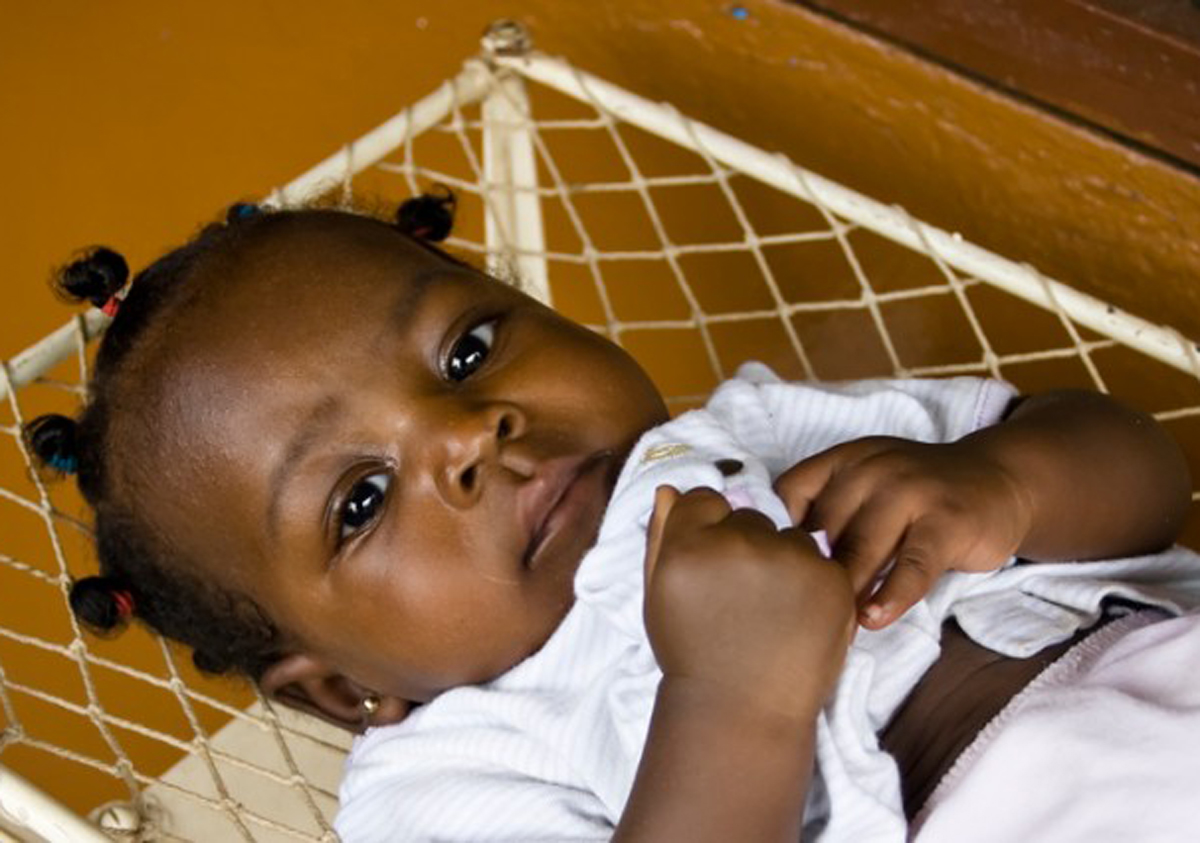by Joe O’Connell
A group of Northeastern students has joined the crusade to bring an end to the 17 neglected tropical diseases that affect more than 1 billion people around the world.
Called NEU END7, the group has been working since October to raise awareness of NTDs and help eradicate the seven most common tropical infections by 2020.
The young humanitarians will also work to raise money for an existing treatment plan that requires people to take four pills once a year to prevent infection from the seven most common NTDs. The treatment costs just 50 cents per person.
“We are trying to raise awareness that these diseases are out there,” said Adam Swatt, S’15, president of NEU END7, which will soon be officially recognized as a student group. “We want to educate people that while these diseases are causing real problems, they are also easy to fix.”
NEU END7 formed in the fall, following a presentation at Northeastern by Emily Conron, student coordinator for END7, the Global Network for Neglected Tropical Disease’s grassroots fundraising and awareness campaign.
Since its inception, the Northeastern chapter has gained representation on the student advisory board, hosted a 5K fun run, and presented its work at RISE: 2014, Northeastern’s Research, Innovation, and Scholarship Expo.
Swatt said one of the group’s goals is to incorporate NTD education into campus life, such as by participating in Global Health Week and creating co-ops related to NTD research. In July, two students in NEU END7 will travel to Ghana to work on co-op at the Kumasi Centre for Collaborative Research in Tropical Medicine. One co-op will focus on lab work, while the other will be primarily field work.
Swatt, for his part, learned about the economic impact of NTDs while on a Dialogue of Civilizations program in Kenya, where he immersed himself in the country’s culture. There, he saw that NTDs limit development in underdeveloped countries by preventing students from going to school and adults from working.
“That dialogue motivated me to work on eradicating NTDs,” Swatt said. “Not only could I make a health difference—I realized I could make an economic and political difference too.” For his work with NEU END7, Swatt was named END7’s national student of the month for April.
Found predominantly in Africa, NTDs are caused by a variety of pathogens such as viruses, bacteria, protozoa, and helminthes, according to the World Health Organization.
The student group’s work builds on Northeastern’s focus on NTDs awareness and research. In 2009, associate professor of chemistry and chemical biology Michael Pollastri established Northeastern’s Laboratory for Neglected Disease Drug Discovery. Richard Wamai, assistant professor of African American Studies, researches health systems, HIV/AIDS, and NTDs. Wamai, who serves as NEU END7’s faculty adviser, is currently leading the public health and development Dialogue of Civilizations program in Kenya.
“Down the line we are hoping to incorporate research into our organization’s goals and help students take advantage of what is already being done at Northeastern,” Swatt said.

